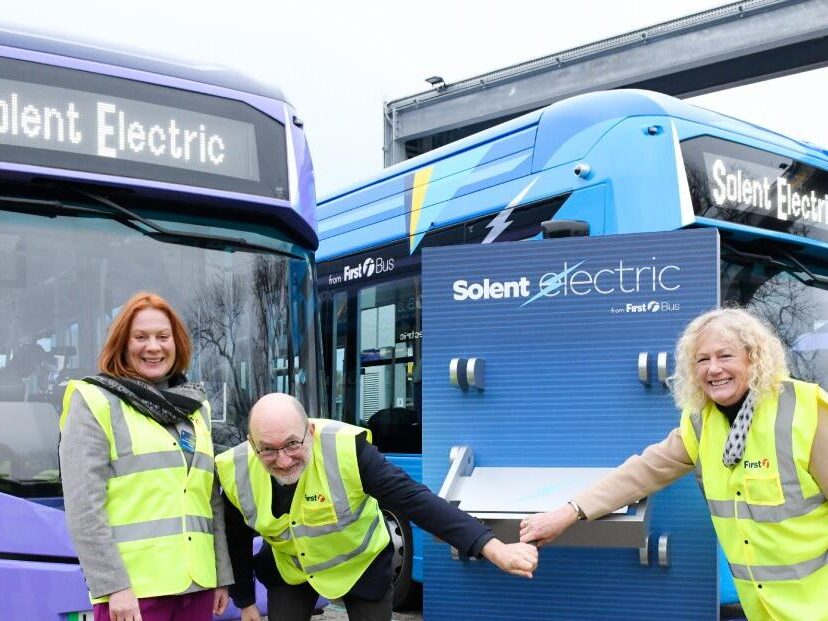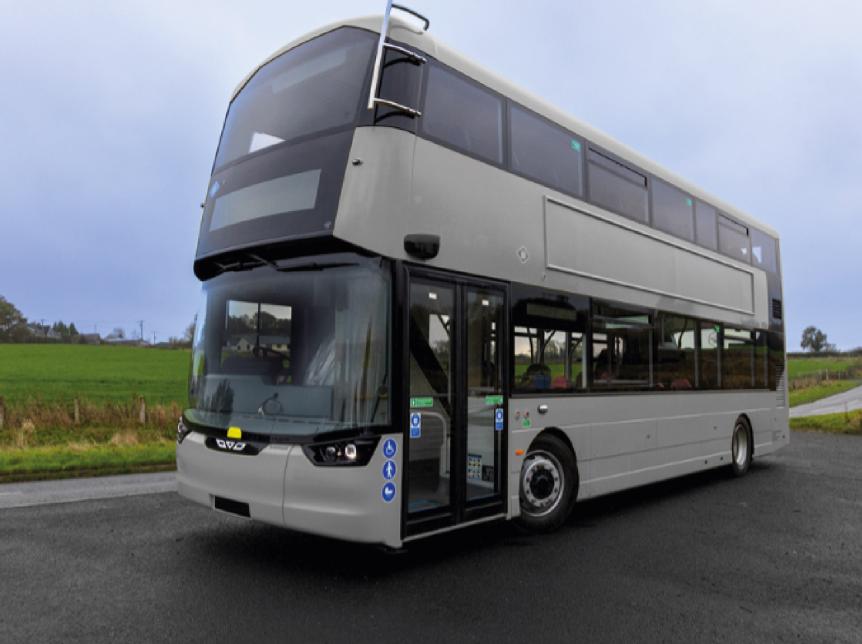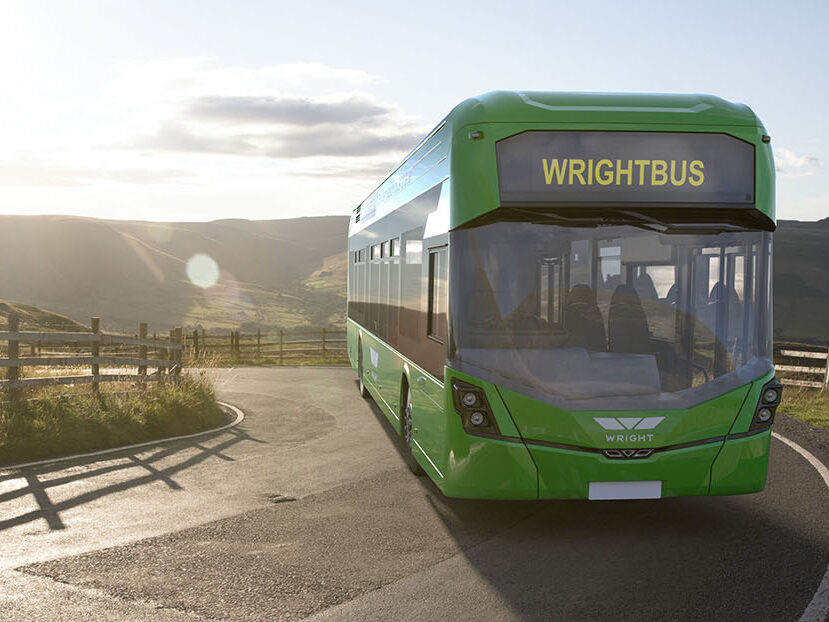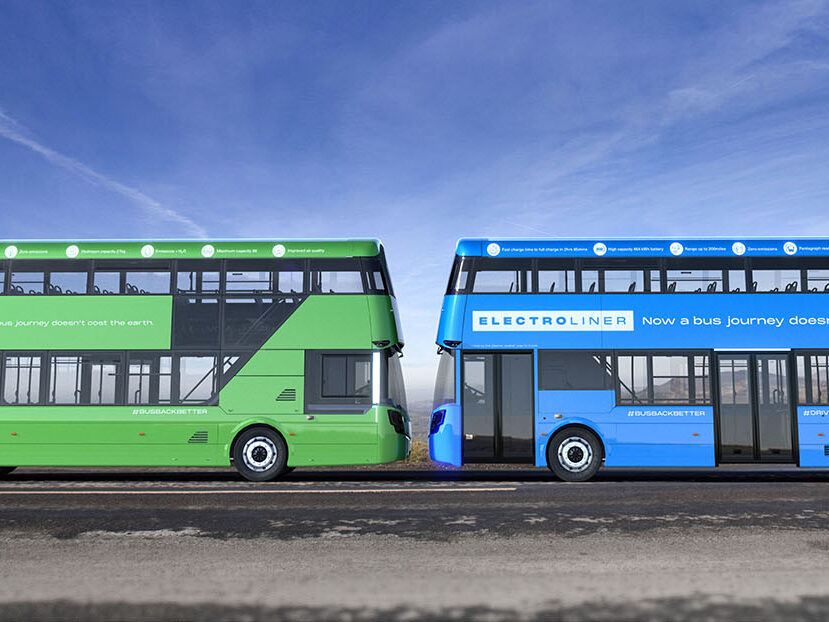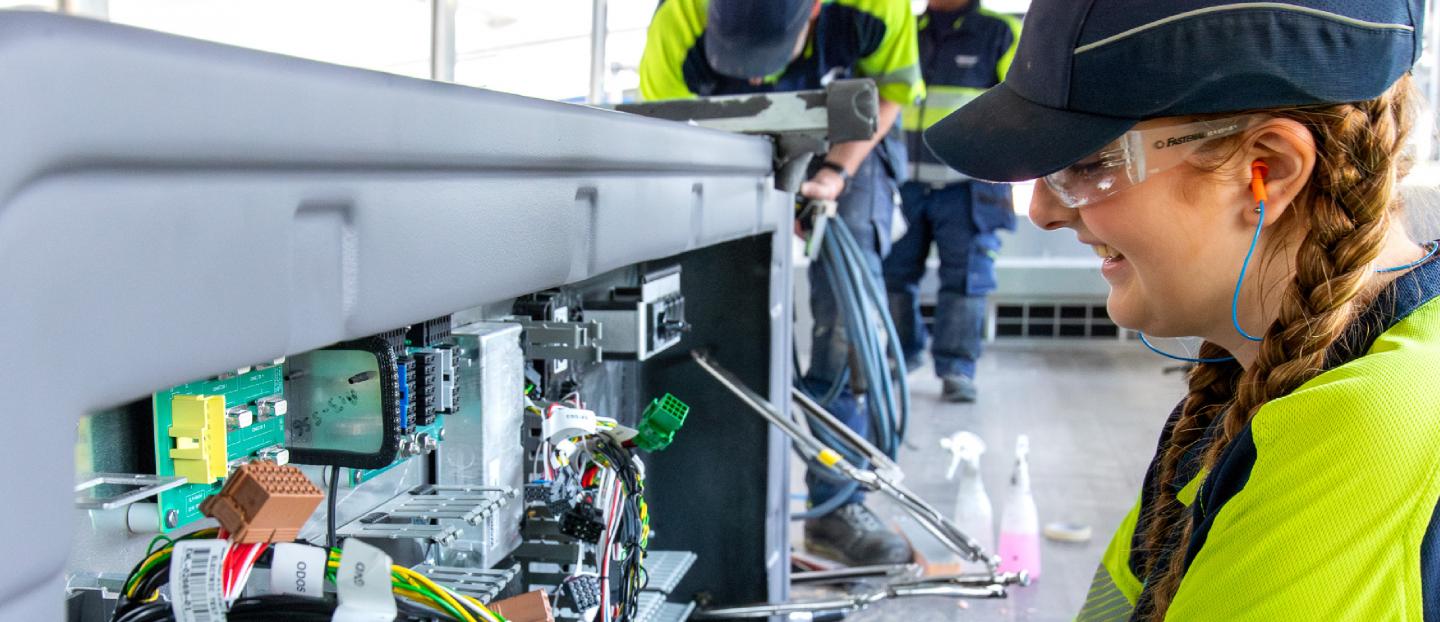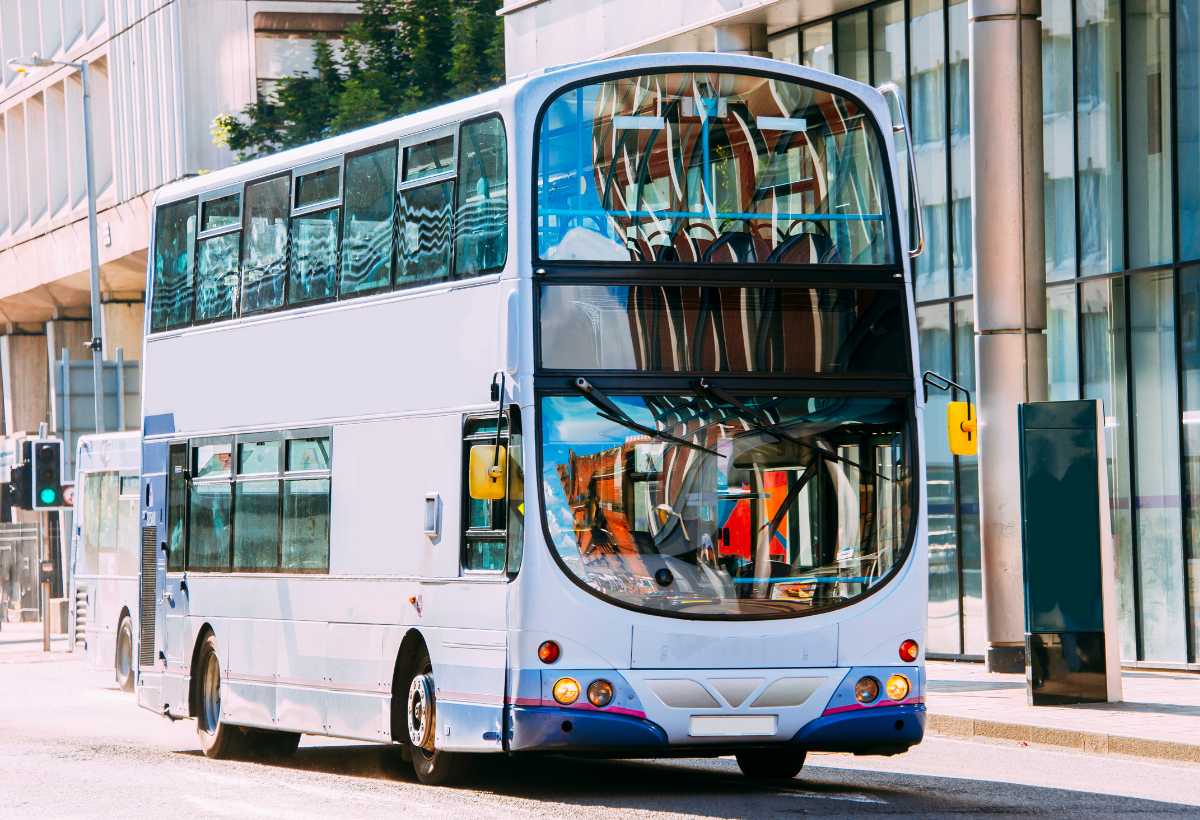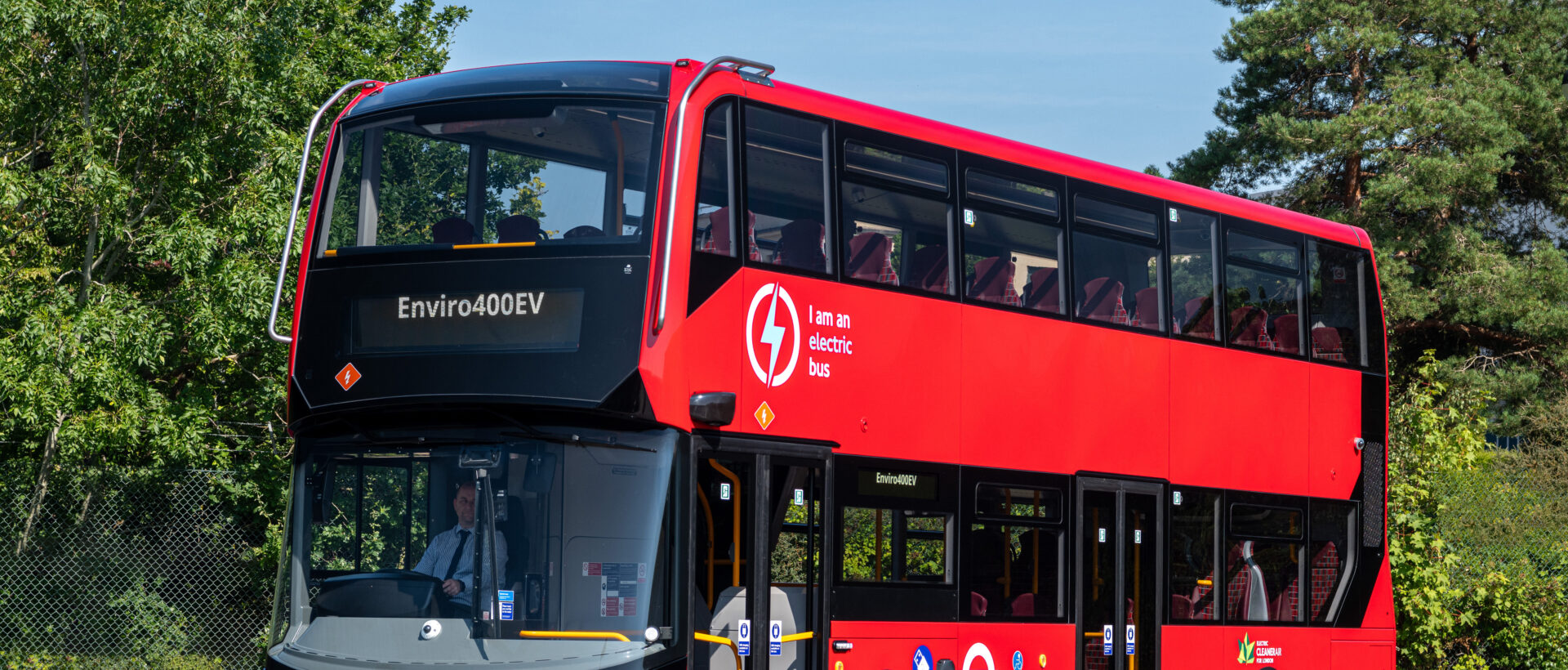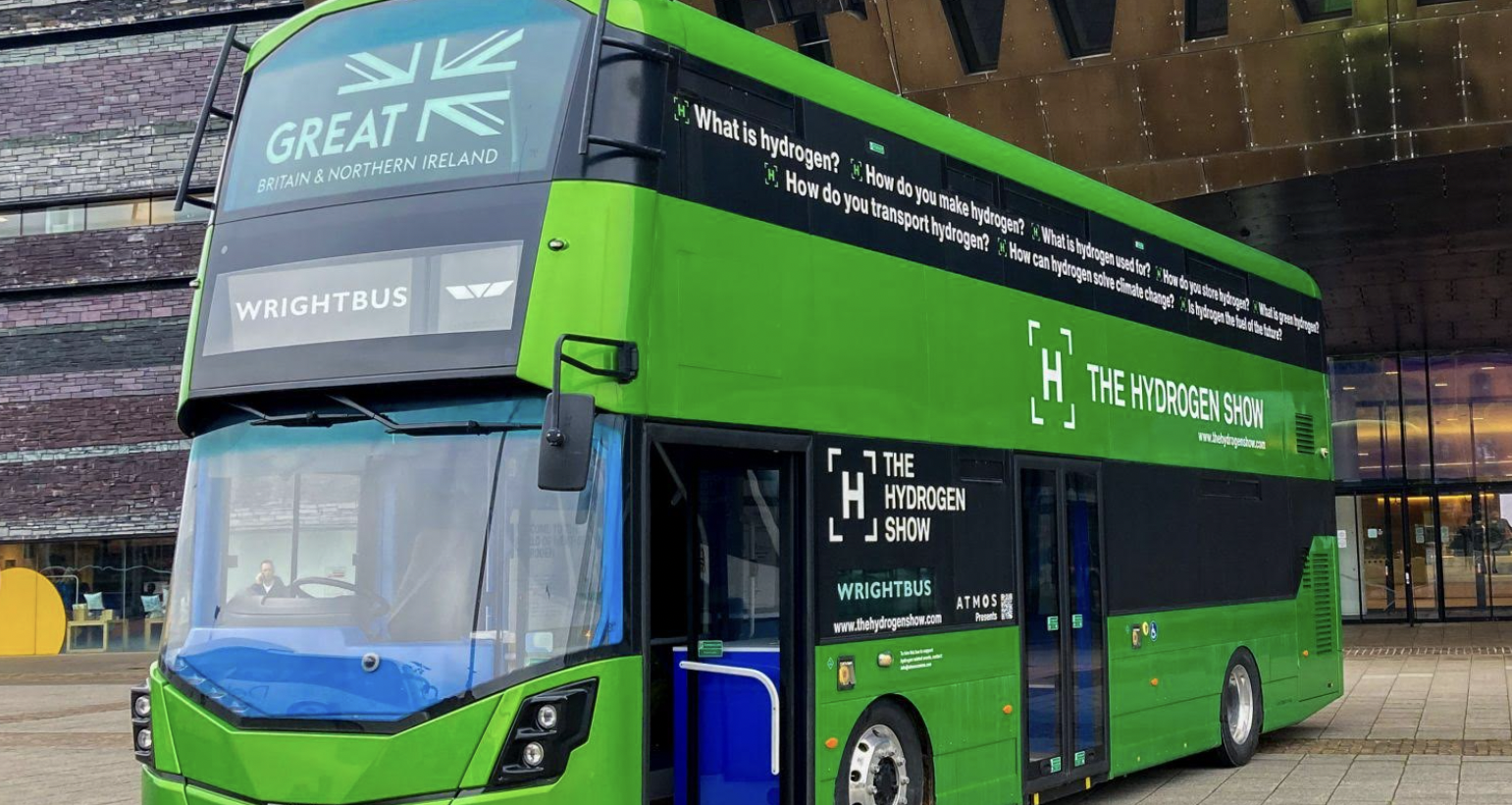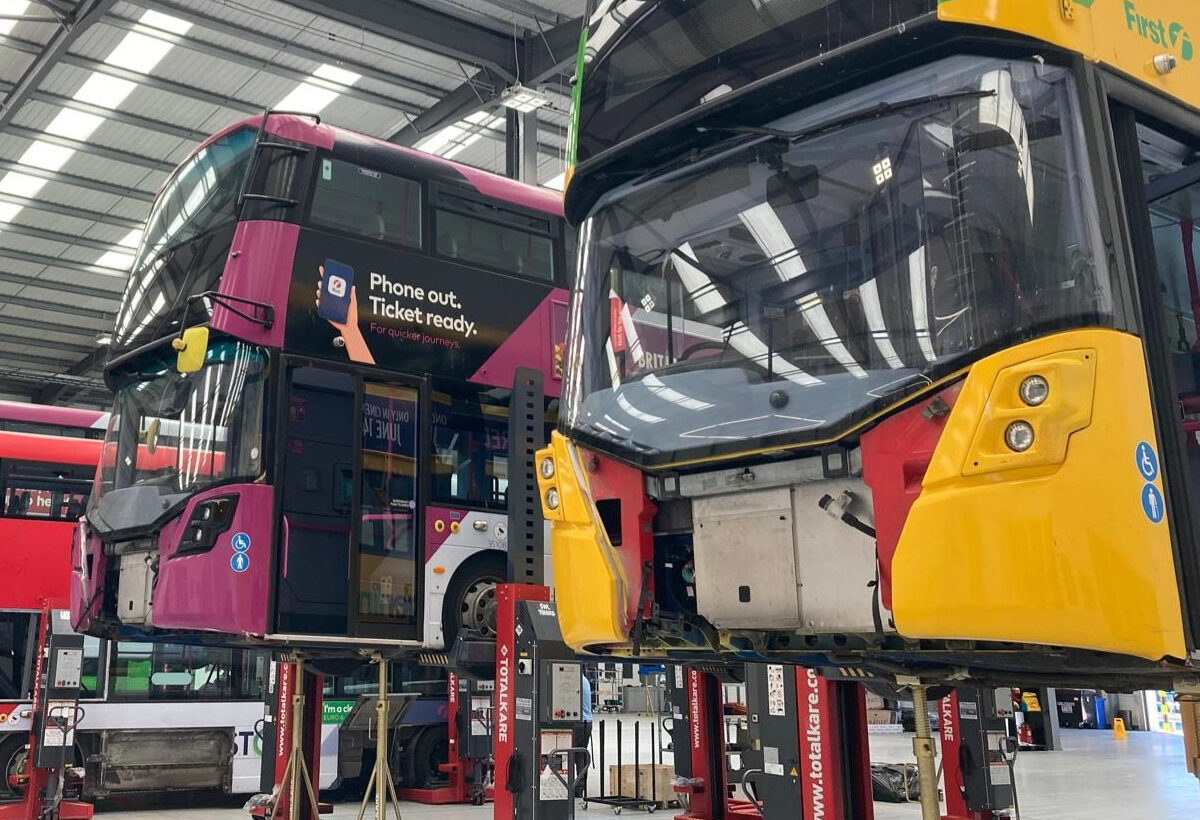Double deckers have etched themselves into the fabric of urban transportation as icons of efficiency, capacity, and iconic design.
Let’s delve into the world of double deckers and uncover the reasons behind their enduring popularity and practicality.
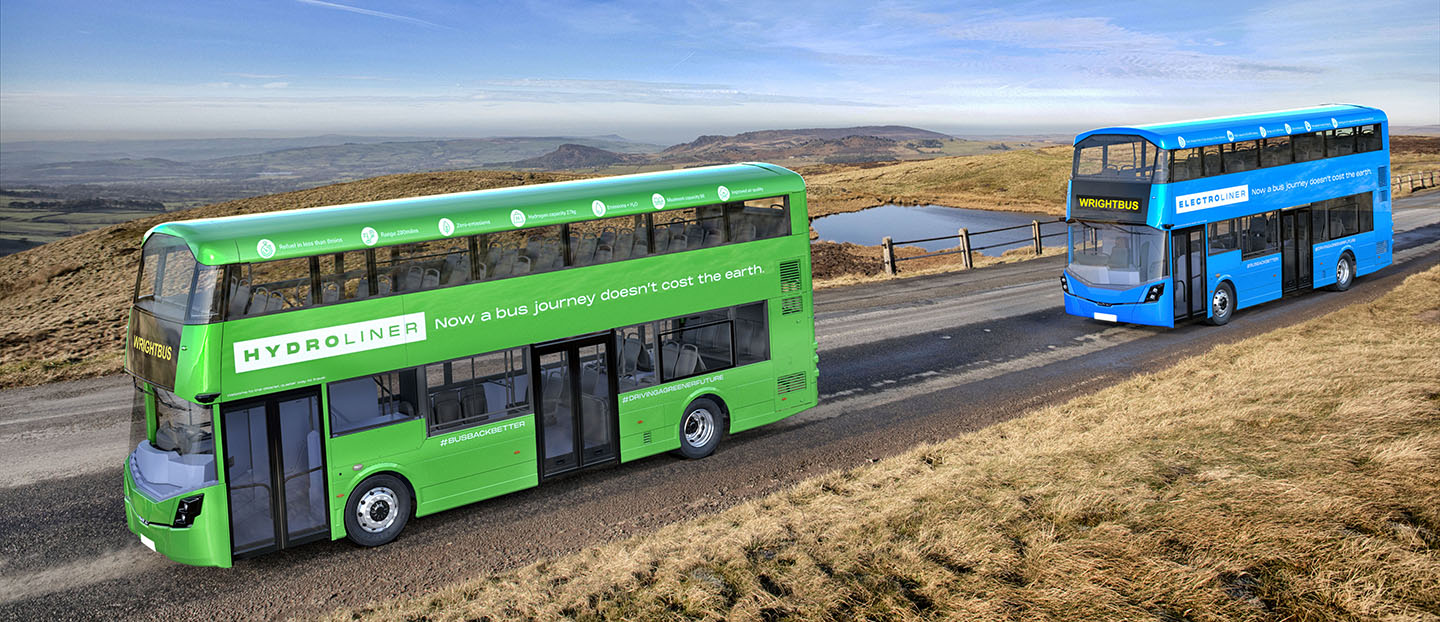
A Historical Perspective
The history of double deck buses traces back to the 19th century when horse-drawn omnibuses with upper seating decks made their debut on the streets of major cities. These early incarnations laid the foundation for the double deckers we see today. With the advent of motorized transportation in the early 20th century, double deck buses became a common sight on urban roads, offering increased seating capacity without requiring additional road space.
Design and Functionality
At the heart of the double decker’s appeal lies its distinctive two-level design. This layout allows for maximum passenger capacity while minimizing the vehicle’s footprint on the road. The upper deck provides passengers with panoramic views of the cityscape, making for a unique and memorable travel experience. Meanwhile, the lower deck offers accessibility and convenience, with ample seating and standing room for passengers of all ages and abilities.
Double deck buses are designed to optimize efficiency and comfort. Modern double deckers are equipped with a range of amenities, including air conditioning, Wi-Fi connectivity, and ergonomic seating, to enhance the passenger experience. Additionally, efficient boarding and alighting processes ensure smooth and timely journeys, even during peak travel times.
Versatility in Urban Transport
Double deckers are renowned for their versatility and adaptability to various urban environments. Whether navigating narrow city streets or traversing bustling thoroughfares, these buses excel in meeting the diverse needs of urban commuters. Their high seating capacity makes them ideal for busy routes with heavy passenger traffic, reducing the need for multiple trips and minimizing congestion on city roads.
Moreover, double deck buses play a crucial role in promoting sustainable urban transportation. By carrying more passengers per trip, they contribute to reduced carbon emissions and improved air quality, aligning with cities’ efforts to combat climate change and reduce pollution.
Addressing Environmental Concerns
While double deck buses offer numerous advantages in terms of capacity and efficiency, concerns have been raised regarding their environmental impact, particularly regarding emissions and fuel consumption. To address these concerns, transit agencies and manufacturers are exploring alternative fuel options and technologies for double deck buses, including hybrid and electric propulsion systems.
Hybrid double deck buses combine traditional internal combustion engines with electric motors, offering improved fuel efficiency and reduced emissions compared to conventional diesel buses. Meanwhile, electric double deck buses rely solely on electric power, producing zero tailpipe emissions and significantly reducing environmental impact.
Conclusion
In conclusion, double deck buses continue to play a vital role in urban transportation systems, combining capacity, efficiency, and iconic design to meet the evolving needs of cities and commuters. From their humble beginnings to their modern incarnations, double deckers embody the spirit of innovation and progress in urban mobility. As cities continue to grow and evolve, double deck buses will remain a symbol of efficient and sustainable transportation, connecting communities and shaping the urban landscape for generations to come.
This article was originally published by Wrightbus.





